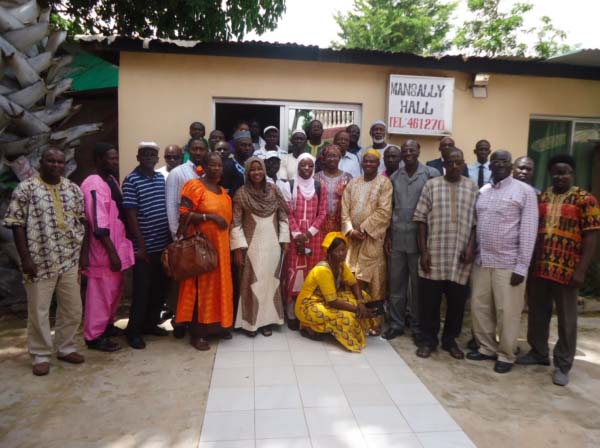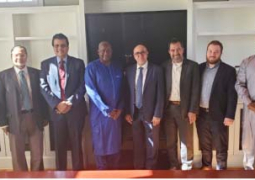
The launching forum, which brought participants from various institutions, was held at the Baobab Hotel.
According to the NCC members, the voluntary guideline dissemination project, funded by IFAD and FAO, was formulated to build on the results of the application of the land governance assessment framework (LGAF) and would focus on improving the livelihood of small-scale producers through the inclusive of the principles of the voluntary guidelines on the responsible governance of tenure of land, fisheries and forest into policy and practice.
This is a regional project to be implemented in four West African countries - Gambia, Mali, Mauritania and Senegal - that share several similar and display readiness and /or favourable conditions for change in land issues.
The overall goal of the project is to strengthen access and security of tenure of smallholders in the selected West African countries by promoting and mainstreaming the principles of the VGs at the appropriate levels.
In hislaunching statement, Lamin Sanneh,Permanent Secretary 2, at the Ministry of Land and Local Government, said the voluntary guideline dissemination project was conceived to build on the result of the application of the Land Governance Assessment Framework (LGAF) and would focus on improving the livelihoods of small-scale production through the inclusion of the principal of the voluntary guideline on the responsible governance of tenure of land, fisheries and forest into policy and practice.
He said the objective of the project is to strengthen access and security of tenure of smallholders in selected West African countries, noting that the project would also give special attention to women and youth.
Sanneh noted that the project could contribute to strengthening access and security of tenure of smallholder in developing countries in general and in West Africa in particular.
Alhagie Basse Mboge, chairman of the National Coordinating Committee, thanked the participants for responding to their invitation and highlighted some of the objectives of the project, which he said would be implemented for two years in The Gambia.
Read Other Articles In Article (Archive)
Report on the next global development agenda to be launched in Addis Ababa
Jul 31, 2013, 11:44 AM



